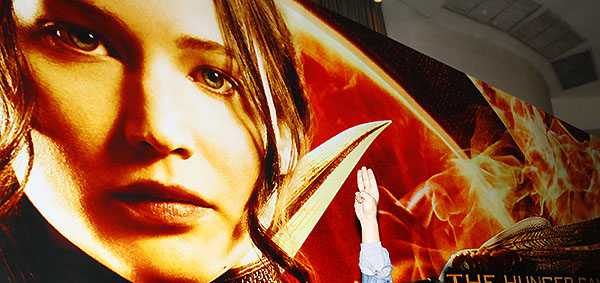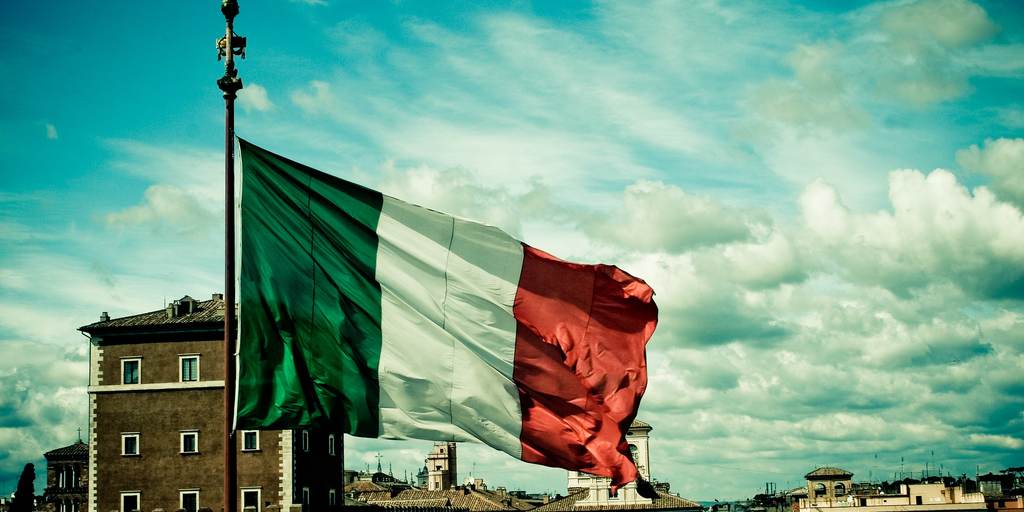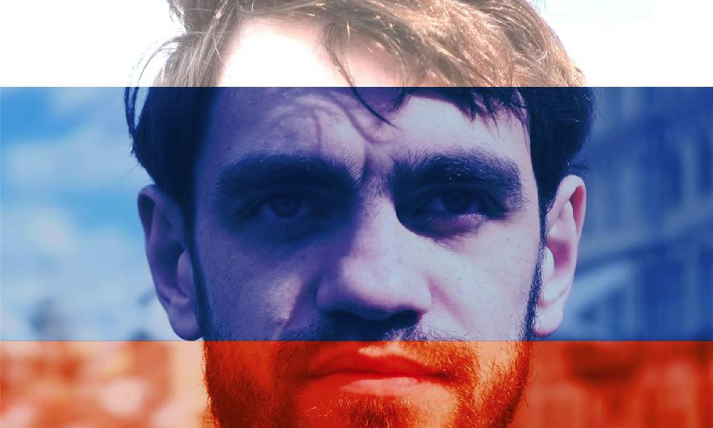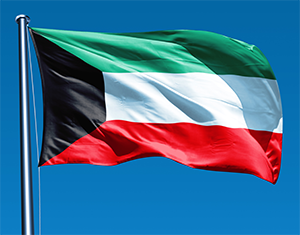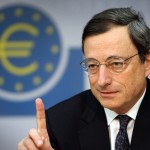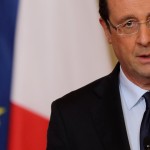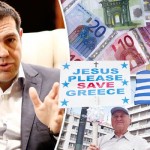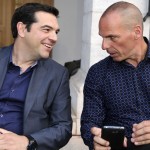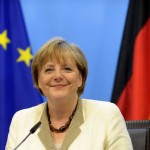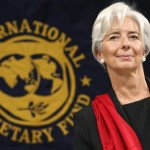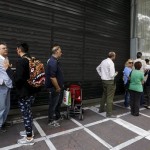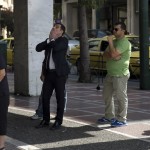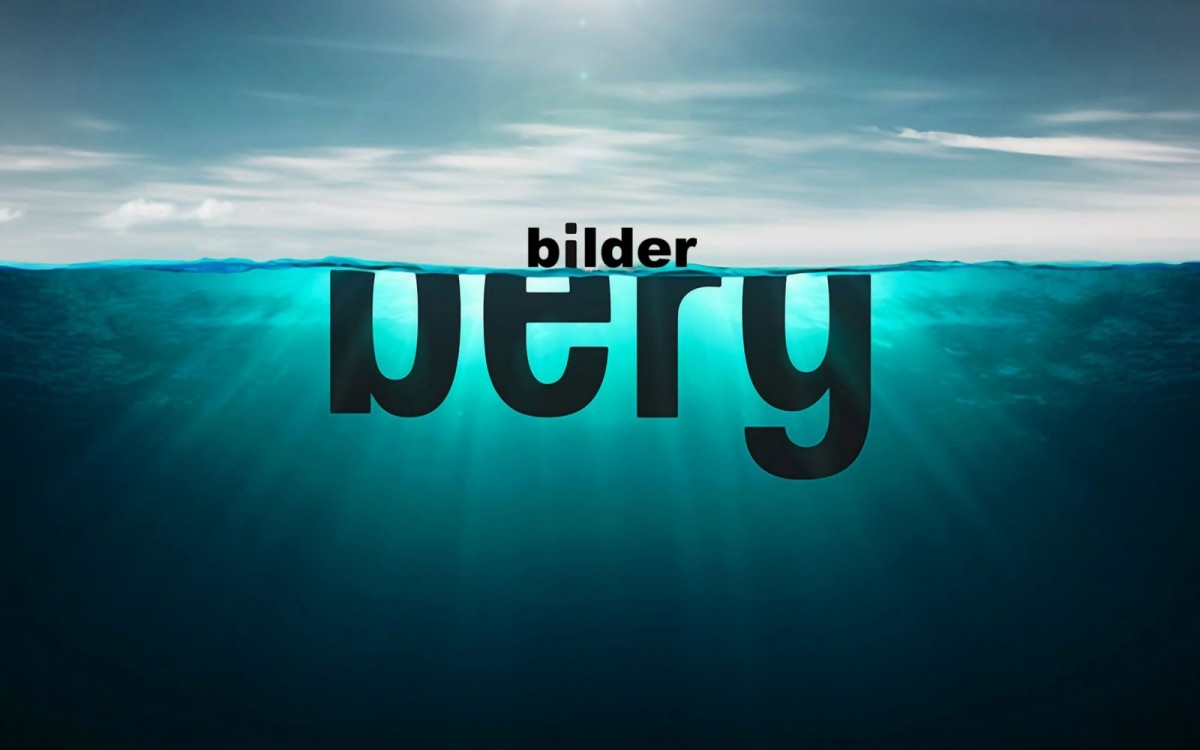BDS and the Boycott of Israel has been a recent issue these last years. It has been used as a weapon by the Palestinian Authority and has become the main battlefield for Israeli Diplomacy that is fighting growing Israeli Isolation.
Anti-racism and tradition of the boycott
The 1930s were marked by large demonstrations of anti-Jewish boycott in Central and Eastern Europe (Poland, Romania, Germany …). In late March 1933, great anti-Hitler meetings in the United States give the kickoff of a great movement of boycott of Germany worldwide. Everywhere Jewish community and those horrified Nazi antisemitism following suit with instructions relayed by militant organizations. In France, the International League against Antisemitism (LICA) is the association that shows the most obstinate in a campaign to convince the ordinary citizen but also economic actors and public authorities of the need to break all relations with Germany. The initiatives are global, even feed the fantasy of solidarity and occult Jewish power. The newspaper LICA explains: “Hitler’s Germany must understand that the moral blockade, the economic boycott can be dangerous, if not fatal, for her. Despite appearances, we are at even strength. Prove it! ”
Unfair but pragmatic
The use of this means of action from 1933 to 1939, raises inevitable misunderstandings, resistance and criticism. Even within the French initiators of the movement, one wonders about the collective dimension of the penalty that hits all the Germans, when only the Nazis found guilty. Speaking on behalf of the Central Committee, Charles-Auguste Bontemps justify the action required by pragmatism:
“The boycott, certainly, can do in the near time, the difficult living conditions of the German people is not responsible for any integer. But it is today that the persecution of Jews made life impossible for thousands of men, women and children. Hitler may retain the boycott as a reason for its inability to reduce unemployment. But the excess of misery that led to power can also bring him to capitulate. “(DDV, May 1933)
The Right to Live, July-August 1933
The conviction is therefore that the suffering application of some moral principles can be quickly paid off. LICA frameworks agree to see in boycotting the only means of civil action likely to have effective impact. “How good indeed the only protests against Hitler? Practically nothing, “said one activist. Finally, we must put the measure in a context of war declared between Jews and Hitler’s regime, which provides a key to this action expresses appearance and another activist in May 1933: “The boycott is another war, say- they. And they are right. But this is an economic war that it is impossible not to deliver. ”
Hitting stomach
Despite its ineffectiveness over Nazi Germany, anti-racist activists will remember the method in the postwar period. With its policy of apartheid implemented in 1948, the South African Republic shares with Hitler’s Germany a racist ideology, supremacist and segregationist, which deprives a considerable part of the population of its rights. In June 1952 launched a campaign of civil disobedience in the initiative of the African National Congress and the Indian Congress. The Right to Live, body LICA immediately affects the watchword to his A “Boycott South Africa! “Commenting on the action of the Torch Commando, organization of former fighters led by white Sailor Malan (namesake of” Nazi “Daniel François Malan, Premier instigator of the policy of segregation) opposed to apartheid, Le Droit de Vivre wrote: “It’s a real moral uplift that we are witnessing to disobey intolerance. “(June 1952). Continuity with the fight against Nazi Germany seems obvious as evidenced this regard in April 1953: “We will push the Nazis in South Africa only by the stomach. It would be a heavy responsibility for all forget. ”
The boycott of Jews to Israel boycott
French in Algeria in the 1930s, actions organized by anti-Semitic activists, European and Arab, hit the Jews. In active campaigns targeting shops owned by Jewish merchants. Anti-Zionism booming then inspires Arab and Muslim activism that is a source of concern incidents and the French authorities. On the walls, in the department of Constantine, we find butterflies on the following model: “O Arabs, on each piece of five francs you will pay to Jews under five go to Palestine to be used to purchase weapons to kill Arabs. ”
The creation of the Arab League in 1945 causes the enlargement of a movement that takes a radical turn after the creation of the State of Israel in 1948. Israel aversion, entity outside the Arab world, and the will to eradication, control exceptional measures: boycott of businesses owned by Jews around the world, Israeli closures of branches, air and sea blockade … A boycott committee moved to Damascus, which coordinates the activities of the League members .
The hard-line Arab League
The Arab League has a real economic blackmail. The originality of his boycott lies in the definition of different circles of application: prohibition of relations with Israel and Israeli firms, inclusion on a black list of foreign companies that trade with Israel, blacklisting of actors Economic maintaining relations with the latter list. This pressure cascade deflects many companies. The Mediterranean Club can be upheld in Egypt after organizing summer camps in Israel. Companies give in to blackmail. Air France offers its passengers to Cairo a form in which they must certify that they are not Jewish. The Renault company closes its plant in Haifa in 1959 … December 17, 1964, the newspaper Le Monde announced that “2,262 companies would be subject to the rules of Arab boycott of Israel.” Of these, 143 are French. The Yom Kippur War in 1973 causes an oil embargo against the countries supporting Israel.
The Right to Live, July 1977
At the same time, laws make it illegal boycott in the United States but also in France where anti-boycott law is voted on 7 June 1977. Its Article 32 extends the application of the law against racism (Pleven law ) 1 July 1972 as it reaffirms the principle of freedom of economic activity and that of non-discrimination on grounds of nationality, membership or not with “ethnic group”, a “race” or religion.
From the 1980s, boycotts undergoes multiple sprains. Many Arab countries renounce it.
Abusive Filiations
The campaign Boycott, Divestment and Sanctions (BDS) was launched in 2005 by Palestinian civil society to protest against the occupation of Palestinian territories since the Six Day War (June 1967). It is this campaign that today its toll against Israel with economic, cultural and academic implications. Its advocates, who readily describe the country of “fascist” or “Nazi”, willingly emphasize the historical continuity with the past boycott of South Africa. The occupation of Palestinian territories and the settlement policy can very rightly attract criticism and protests; they can not however be based on fanciful historical heritage, clean feeding violence – so quick to be triggered – against a State and its citizens.
Israel shares with the National Socialist regime and the regime of apartheid or the ideological principles nor the exclusion and segregation laws. The weaknesses of this democracy (inequality, discrimination, corruption …) not different from those of other democracies. Territorial disputes, human and moral cost of security policy, the rule of law to exist, are, to varying degrees, and in other configurations, batch and law common to all nations. Yet its particular history makes Israel in the eyes of some, the absolute guilt – beyond unacceptable what supposed to be the presence of a Jewish state in “land of Islam” – the “entity” that we can hate and condemn unencumbered details. Between normality and denied paradoxical stigmatized, Israel’s adversaries seek to kill the space allotted to legitimate criticism, reasoned and constructive which should apply to any State. The determination and the logic of war by economic, against the Jewish state in their wake the Israeli people, despite its heterogeneity, its internal oppositions and disagreements, and all those across the world, Jews or non-Jews can not resign themselves to extremism.

